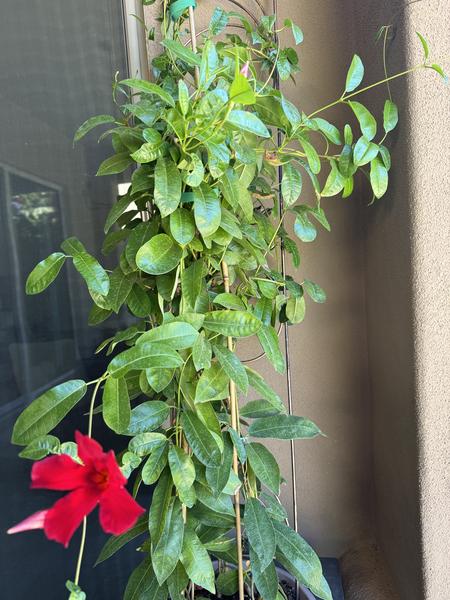Thoughts and Suggestions from an Aging Psychologist.
There is a famous Buddhist proverb that states “When the student is ready, the teacher will appear.” The unstated obverse is that the teacher cannot affect learning unless or until the student is open to it.
The Nature of Learning and Change

I think this relates to much of what we identify as the wisdom of old age - the reflection of what the older person, the student, has learned from their unique life experiences. Some people are uncomfortable with change and defend against it. To them, change can feel scary, dangerous, and uncomfortably dystonic. They stay inflexible and safe, learning very little.
Others are open to change when they experience it as necessary. And some actively seek change. These different patterns of the individual’s relationship to change are lifelong, with subtle tweaking in response to changing internal and external circumstances, many of which come naturally with aging.
Learning is change. How individuals learn reflects their “more stable than not” pattern of personality traits. These patterns evolve from our experiences and inform how we come to think, feel, and behave in self-defining ways.
Old Dogs and New Tricks
There is a well-worn adage that “old dogs can’t learn new tricks.” We can recognize this as an ageist comment. Older persons can learn, and dogs can too. New learning is necessary and healthy. But like most adages, it embraces a nugget of truth. It does become more challenging to “learn new tricks” in old age.
There are understandable reasons for this:
- New learning takes more time and energy at a stage in life when these become increasingly precious commodities
- Thinking, feeling, and behaving in familiar ways respect the principle of energy conservation
- Familiar patterns reinforce the person’s feeling of being oneself
While this isn’t always adaptive as a way of getting one’s needs met, personality patterns trend toward being reinforced, maintained, and strengthened over the years.
Understanding Personality Patterns
Personality patterns are made up of traits that are the individual’s basic tendencies reflecting heritability and early life experiences. These traits are reinforced going forward, and by late adolescence or early adulthood are presumed to be mostly stable but remain open to major influences.
The Five Factor model developed by Costa and McCrae* identifies five major personality traits:
- Neuroticism (N): A marker of overall vulnerability to stress and susceptibility to distress
- Extroversion (E): A marker of high sociability and social energy
- Openness (O): A marker for high interest in experiences, ideas, and new ways of thinking
- Agreeableness (A): Marks a propensity for basic kindness, altruism, and cooperation
- Conscientiousness (C): Suggests a propensity toward achievement, orderliness, and persistence
Cultivating Openness
The proverb used as the title speaks of the Openness factor. People who rank highly on Openness are characterologically “very much ready for the teacher to appear.”
Openness can be planned, practiced, and learned. We older people can do this! Stretching our Openness muscles can affect change in our Body, Mind, and Spirit.
Body
- Exercise: Can you make any change in what you do? How often? How consistent?
- Diet: Are you eating healthy foods? Regular meals?
- Sleep: Are you following good sleep hygiene?
Mind
Delight in new learning and mind games:
- Identify a new area of inquiry
- Start with a question
- Identify an opinion you hold
- Try taking the opposite position and defend it as if in a debate
Spirit
This refers to the more existential and creative ways of being in the world. This might include:
- A meditation practice
- Journal writing
- Traveling
- An artistic endeavor
Try something new. Enable new learning.
Key Takeaway
Encourage change. There are so many obstructions to being open to change, especially as an older person, that it takes a little extra commitment, intention, and resolve to make it happen.
We learn from change. We change from learning. And “new tricks” are always possible.
* Costa, P. T., Jr., & McCrae, R. R.(1985). The NEO Personality Inventory manual. Psychological Assessment Resources.
Contact me. I’d love to hear back from you, especially about any creative ways you’ve put this to use.

Photo by the author.